Security News
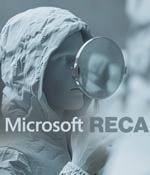
Microsoft has announced the Copilot+ line of Windows 11-powered PCs that, among other things, will have Recall, a feature that takes screenshots every few seconds, encrypts them, saves them, and leverages AI to allow users to search through them for specific content that has been viewed in apps, websites, documents, etc. "Once you find the snapshot that you were looking for in Recall, it will be analysed and offer you options to interact with the content. What actions you can take depend on the content and the chat provider capabilities in Copilot in Windows. For example, you may highlight a block of text and decide to summarise it, translate it, or open it with a text editor like Word or Notepad. If you highlight an image, you will be able to edit it or use your chat provider in Copilot in Windows to find or create a similar image," Microsoft explains.
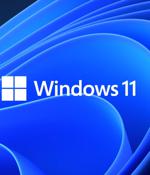
Microsoft on Monday confirmed its plans to deprecate NT LAN Manager (NTLM) in Windows 11 in the second half of the year, as it announced a slew of new security measures to harden the widely-used...
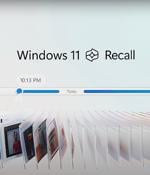
Microsoft has announced a new AI-powered feature for Windows 11 called 'Recall,' which records everything you do on your PC and lets you search through your historical activities. To use Recall on Windows, you'll need a Copilot+ PC that supports 40 TOPs NPU, a Snapdragon X chip, 16GB of RAM, and 256GB of storage.

A ransomware operation targets Windows system administrators by taking out Google ads to promote fake download sites for Putty and WinSCP. WinSCP and Putty are popular Windows utilities, with WinSCP being an SFTP client and FTP client and Putty an SSH client. System administrators commonly have higher privileges on a Windows network, making them valuable targets for threat actors who want to quickly spread through a network, steal data, and gain access to a network's domain controller to deploy ransomware.
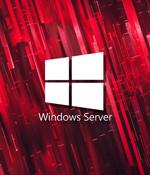
Microsoft has acknowledged a new known issue causing this month's KB5037765 security update for Windows Server 2019 to fail to install with 0x800f0982 errors. This confirmation comes after many Windows admins reported seeing install failures when trying to deploy cumulative updates released during the May 2024 Patch Tuesday on Windows Server 2019 systems.

Financially motivated cybercriminals abuse the Windows Quick Assist feature in social engineering attacks to deploy Black Basta ransomware payloads on victims' networks. During this voice phishing attack, the attackers trick the victims into granting them access to their Windows devices by launching the Quick Assist built-in remote control and screen-sharing tool.
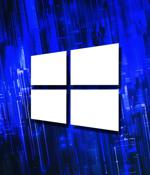
"Windows devices might face VPN connection failures after installing the April 2024 security update or the April 2024 non-security preview update," Redmond explains on the Windows health dashboard. The list of impacted Windows versions includes Windows 11, Windows 10, and Windows Server 2008 and later.
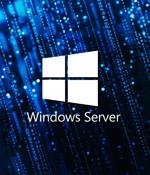
Microsoft has fixed a known issue causing NTLM authentication failures and domain controller reboots after installing last month's Windows Server security updates. [...]
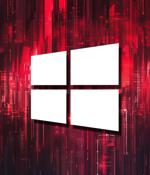
Microsoft has fixed a zero-day vulnerability exploited in attacks to deliver QakBot and other malware payloads on vulnerable Windows systems. Kaspersky security researchers discovered the vulnerability while investigating another Windows DWM Core Library privilege escalation bug tracked as CVE-2023-36033 and also exploited as a zero-day in attacks.
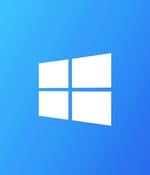
Microsoft has released the KB5037768 cumulative update for Windows 10 21H2 and Windows 10 22H2 with twenty changes, including account notifications in the Start Menu and Widgets on the lock screen. KB5037768 is a mandatory Windows 10 cumulative update containing Microsoft's May 2024 Patch Tuesday security updates.